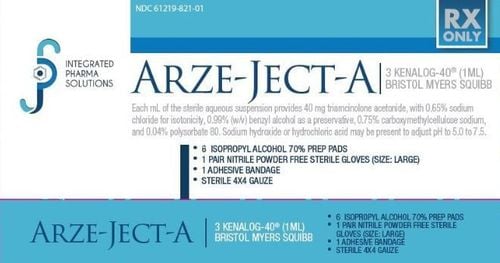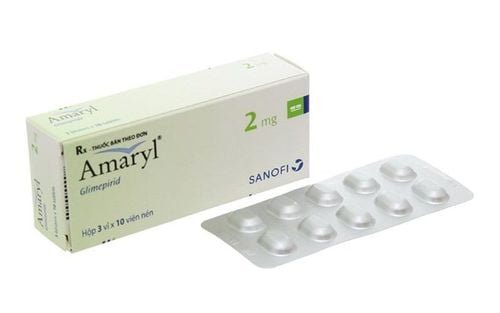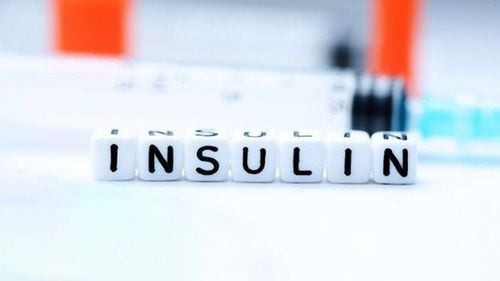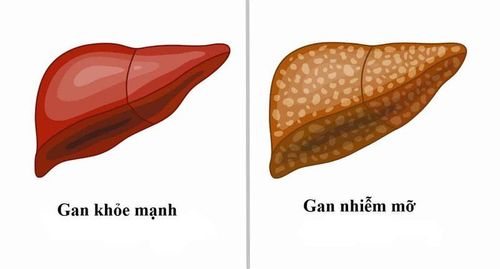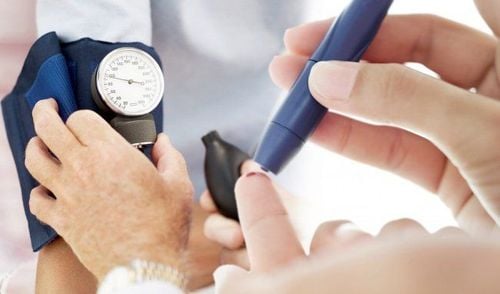This is an automatically translated article.
The article was written by MSc Bui Minh Duc - Head of General Internal Medicine Unit, Department of General Internal Medicine - Vinmec Times City International General Hospital.Screening is recommended for type 2 diabetes because of the availability of reliable tests, lifestyle changes, and medications that reduce adverse sequelae, even in initially asymptomatic individuals. proof.
1. Importance of screening for type 2 diabetes
Screening for type 2 diabetes did not improve mortality after 10 years of follow-up. Research shows that lifestyle and pharmacological interventions in patients with impaired glucose tolerance and rapid glucose depletion may slow the development of type 2 diabetes and be more effective in changing life style. Other studies suggest that screening may begin to show a benefit in mortality after age 23 to 30.
A randomized trial showing a statistically significant reduction in all-cause mortality and mortality in patients with impaired glucose tolerance treated with lifestyle modifications.
2. Who should be screened for type 2 diabetes?
People at risk of developing type 2 diabetes are those with 1 or more of the following risk factors:
Acanthosis nigricans Age 45 Treatment for schizophrenia or bipolar disorder History family with type 2 diabetes or cardiovascular disease Long-term glucocorticoid use. HDL cholesterol < 35 mg/dL (0.91 mmol/L) and/or triglycerides > 250 mg/dL (2.8 mmol/L) History of gestational diabetes or giving birth to a large baby (4.1 kg) Hypertension (BP > 140/90 mm Hg or on antihypertensive medication) Decreased glucose tolerance, increased fasting blood sugar or metabolic syndrome. Certain ethnic groups are at high risk: Asian, black, Hispanic, Native American (Alaska Native or American Indian), or Pacific Islander Overweight/obese Polycystic ovary syndrome Sedentary, sedentary lifestyle Disorders sleep associated with impaired glucose tolerance, including obstructive sleep apnea... 3 years/1 time Annual screening of persons with ≥ 2 risk factors above
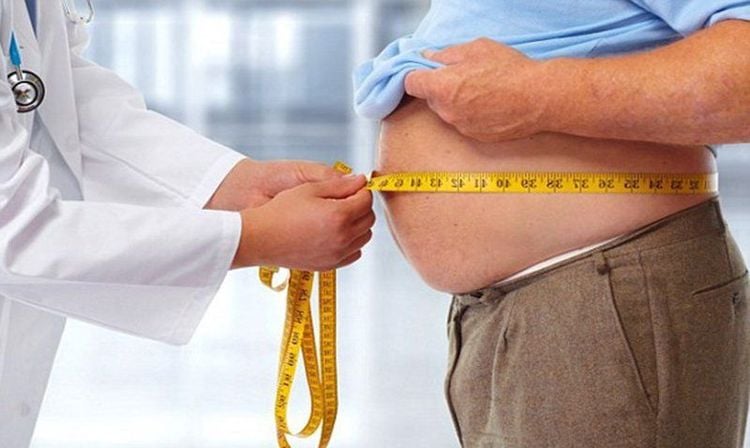
3. Diagnosing diabetes
Type 2 diabetes is usually diagnosed using:
The hemoglobin A1C test. This blood test shows your average blood sugar level over the past two to three months. A normal level below 5.7 % and an HbA1C result of 5.7 - 6.4 % is considered prediabetes. An A1C level of 6.5% or higher on two separate tests means you have diabetes. Random blood sugar test. Blood sugar values are expressed in milligrams per deciliter (mg/dL) or millimoles per liter (mmol/L). Regardless of when you last ate, a blood sample showing your blood sugar of 200 mg/dL (11.2 mmol/L) or higher indicates diabetes, especially if you also have signs of diabetes. signs and symptoms of diabetes, such as frequent urination and thirst. Fasting blood sugar test. A blood sample is obtained after an overnight fast. A reading below 100 mg/dL (5.6 mmol/L) is normal. A fasting sugar level of 100 - 125 mg/dL (5.6 - 6.9 mmol/L) is considered prediabetes. If your fasting blood sugar is 126 mg/dL (7 mmol/L) or higher on two separate tests, you have diabetes.
Oral glucose tolerance test. This test is used to confirm the diagnosis of type 2 diabetes and gestational diabetes, during pregnancy. You will need to fast overnight and then drink a glass of water containing the standard 75g glucose. Measure blood sugar before drinking sugar and 2 hours after drinking sugar. A blood sugar level of < 140 mg/dL (7.8 mmol/L) is normal. A reading between 140 and 199 mg/dL (7.8 mmol/L and 11.0 mmol/L) diagnoses prediabetes. Blood sugar 2 hours after taking sugar ≥ 200 mg/dL (11.2 mmol/L) diagnose type 2 diabetes.
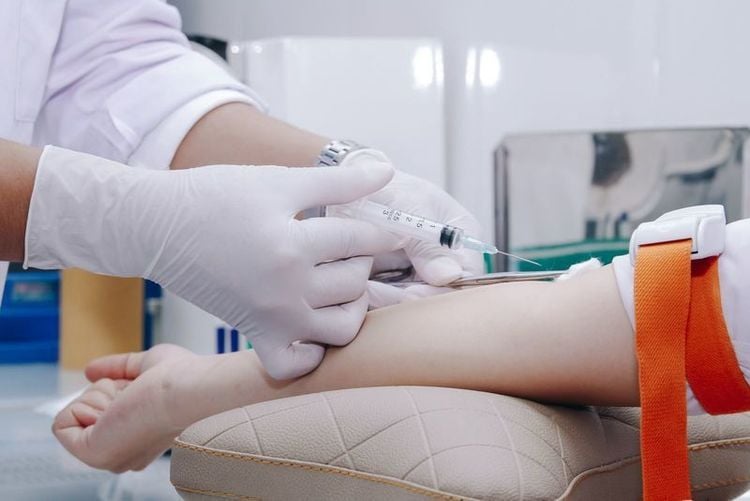
Vinmec International General Hospital is one of the hospitals that not only ensures professional quality with a team of leading medical doctors, a system of modern equipment and technology. The hospital provides comprehensive and professional medical examination, consultation and treatment services, with a civilized, polite, safe and sterile medical examination and treatment space. Customers when choosing to perform tests here can be completely assured of the accuracy of test results.
Please dial HOTLINE for more information or register for an appointment HERE. Download MyVinmec app to make appointments faster and to manage your bookings easily.





